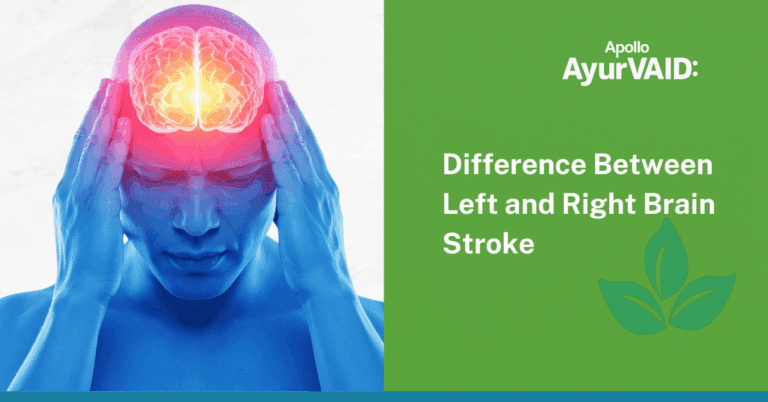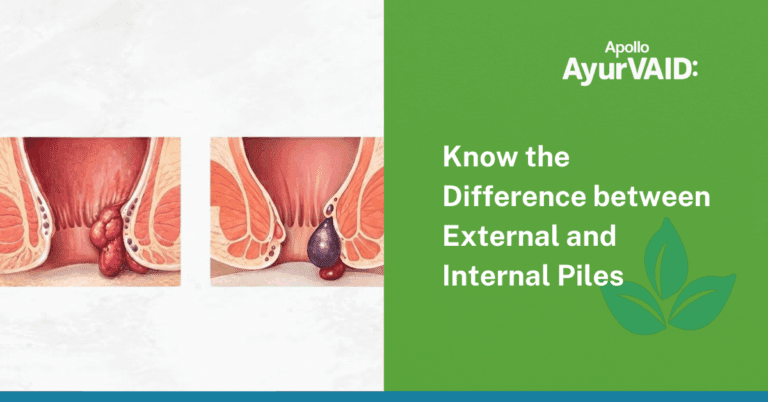Kidney cancer incidence is gradually rising in India, with GLOBOCAN 2020 reporting around 17,480 new cases. It reflects a growing burden due to factors like obesity, hypertension, and improved diagnostics. Notably, Indian patients are often younger, with nearly 30% under 50, and many present at advanced stages, highlighting the urgent need for early detection and awareness.
Early detection can be the difference between life and death. Knowing the first signs and symptoms isn’t simply a matter of diagnosis—on one level, it’s about providing yourself or a loved one with the best opportunity for successful treatment and recovery. In this blog, we will discuss Kidney cancer symptoms, examine potential Kidney cancer causes, and bring to light what Stage 4 kidney cancer symptoms could look like. We’ll also cover Kidney cancer treatments and share a penetrating Ayurveda perspective on treating it. As we observe World Kidney Cancer Day on June 19th, with a theme “Show your kidneys some love”, let it be a time to remember the significance of kidney health and take proactive measures towards well-being, for you and for the people that matter in your life.

Kidney Cancer Symptoms
Symptoms of kidney cancer might include the following:
- Hematuria: This is a common symptom, where patients report blood in their urine.
- Pain: Some patients report pain in the flanks or lower back.
- Weight Loss: Unexplained weight loss is a symptom of cancer.
- Fatigue: There is usually an excessive feeling of tiredness.
- Fever: This can be a periodic fever caused by the cancer or a consequence of co-morbidity associated with it.
Swelling: Peripheral swelling, usually of the ankles or legs, may result from renal impairment.
The symptoms may vary in degree and may overlap with other conditions, such that it is vital for individuals suffering from them to undertake a medical assessment.
Kidney Cancer Causes
The aetiology of kidney cancer, specifically renal cell carcinoma (RCC), is multifactorial with various definite and probable risk factors:
Tobacco Smoking: Tobacco smoking is a major risk factor for kidney cancer, with research showing a dose-response correlation between the number of cigarettes smoked and the risk of RCC.
Obesity: High body mass index (BMI) has been linked with an elevated risk of kidney cancer. Obesity results in numerous changes in metabolism that can lead to the development of cancer.
Hypertension: High blood pressure has been uniformly associated with a greater risk of kidney cancer. This is possibly because of the influence of high blood pressure on kidney function and overall health.
Chronic Kidney Disease: An existing history of chronic kidney disease is another known risk factor for kidney cancer, which is most probably due to the cumulative effects of kidney impairment.
Unhealthy Diet: Levels of intake of processed meat are a decisive risk factor for developing kidney cancer. Meanwhile, moderate consumption of alcohol is hypothesised to have a protective effect.
Occupational Exposure: Exposure to some chemicals has been deemed a risk factor for kidney cancer, including trichloroethylene and some other industrial solvents.
Genetic Factors: There could also be a family and genetic factor.
Physical Activity: Low levels of physical activity are linked with a high risk of kidney cancer, while some levels of activity might have protective effects.
Stage 4 Kidney Cancer Symptoms
Stage 4 kidney cancer or metastatic renal cell carcinoma can be characterised by a variety of symptoms, as a result of the distribution of cancer outside the kidneys to other organs of the body. Some typical symptoms include:
Severe Fatigue: Individuals become very weak and tired, affecting daily functions.
Weight Loss: Unintentional weight loss is highly noted, which can either be due to the cancer or the body’s reaction to the disease.
Pain: This takes the form of ongoing pain in the back, sides, or abdomen, and is usually caused by tumour growth or metastasis.
Hematuria: Urinary blood is a prevalent symptom, signifying possible kidney involvement or tumour bleeding.
Swelling: The patients can suffer from swelling in the legs or ankles because of fluid retention or lymphatic obstruction.
Nausea and Vomiting: These can result from the cancer itself or treatment side effects.
Shortness of Breath: When cancer spreads to the lungs, patients can suffer from shortness of breath.
Bone Pain: If the cancer has metastasised to the bones, pain in those locations may be experienced by patients.
These symptoms impact the quality of life and may need to be managed with comprehensive strategies, including palliative care.
Kidney Cancer Treatment
Kidney cancer treatments are becoming more advanced, integrating old and new modalities. Fasting-Mimicking Diet (FMD) has emerged with promise in sensitising conventional therapies to increase the vulnerability of cancer cells while sparing normal cells.
Ayurveda Perspective on Cancer
Ayurveda literature, Sushruta and Charaka, describes malignant-like growths as Arbuda, or hard, slow-growing, non-suppurating masses—usually tender or bleeding upon inflammation—with analogous concepts used for abdominal and urinary obstructions (e.g., Gulma, Mutra Granthi) that mirror contemporary kidney tumours. Ayurveda considers tumours to be a result of dysfunction of Agni (metabolic/micro mitochondrial) and consequent Ama accumulation.
AyurVAID follows an integrative oncology paradigm that synergistically combines standard cancer care with traditional Ayurveda interventions to enhance whole-person patient care. Understanding cancer as an expression of metabolic and dosha derangement—specifically deranged Agni and Ama accumulation—AyurVAID’s regimens focus on reestablishing internal physiology through individualised therapies such as Deepana-Pachana (activation of digestive fire), Panchakarma cleansing, and Rasayana preparations which have antioxidant, immunomodulatory, and possible anti-tumour activities.
These therapies are used both preventively and in combination with chemotherapy or radiotherapy to counter side effects—e.g., mucositis or fatigue—while facilitating tissue healing and resilience through gentle detox, immune enhancement, rehabilitation, and stress reduction.
In addition, AyurVAID encourages mind-body practices such as yoga, meditation, and pranayama to alleviate anxiety, facilitate recovery, and optimise quality of life, aligning with contemporary integrative oncology’s focus on holistic well-being. The approach is tailored per patient, stage, and treatment phase, fostering dialogue between Ayurveda and oncology specialists, enabling synchronised timing of interventions such as Ayurveda‑guided adjuvant therapies or maintenance regimens post-chemo. This integrated care model reflects emerging global and Indian evidence advocating for rigorous research, standardised protocols, and collaborative frameworks to validate efficacy, ensure safety (e.g., monitoring herb-drug interactions), and expand access to cost-effective, culturally informed cancer care.
Conclusion







